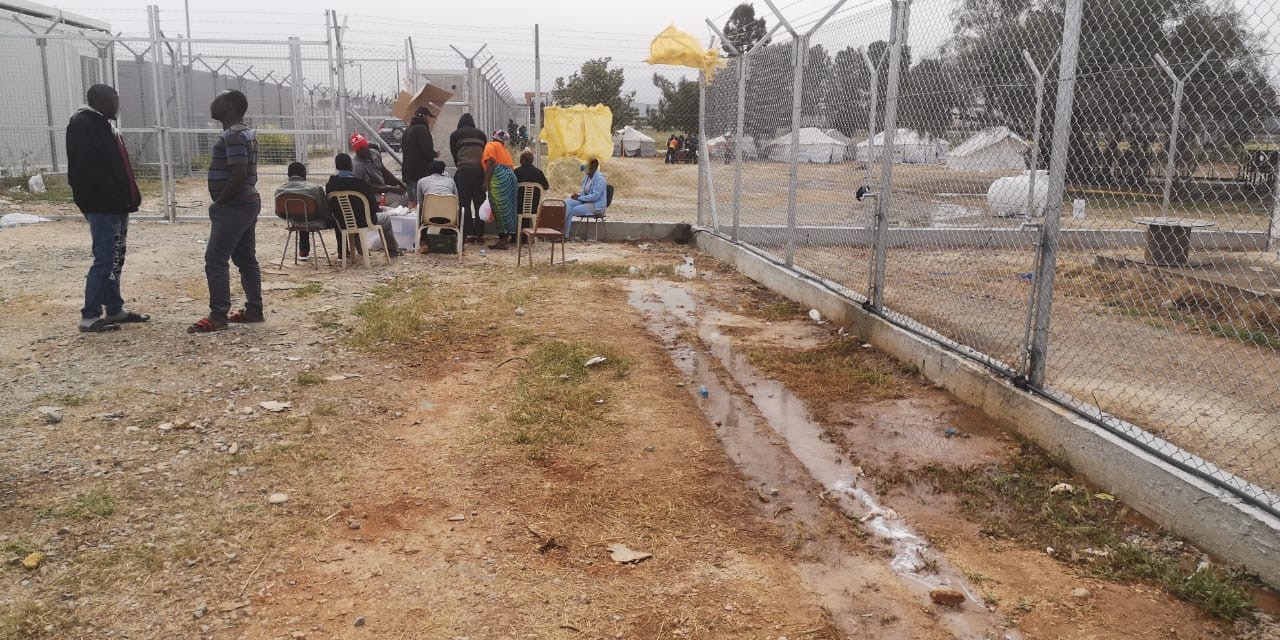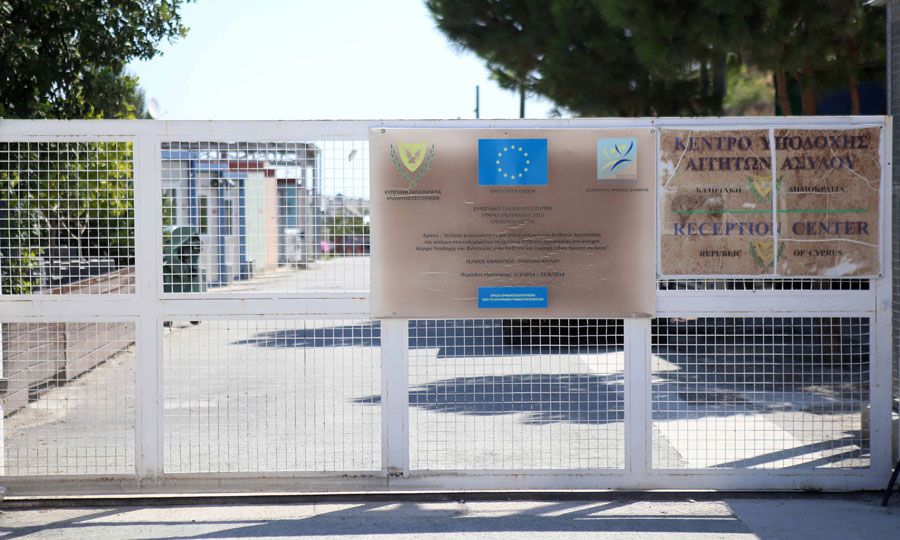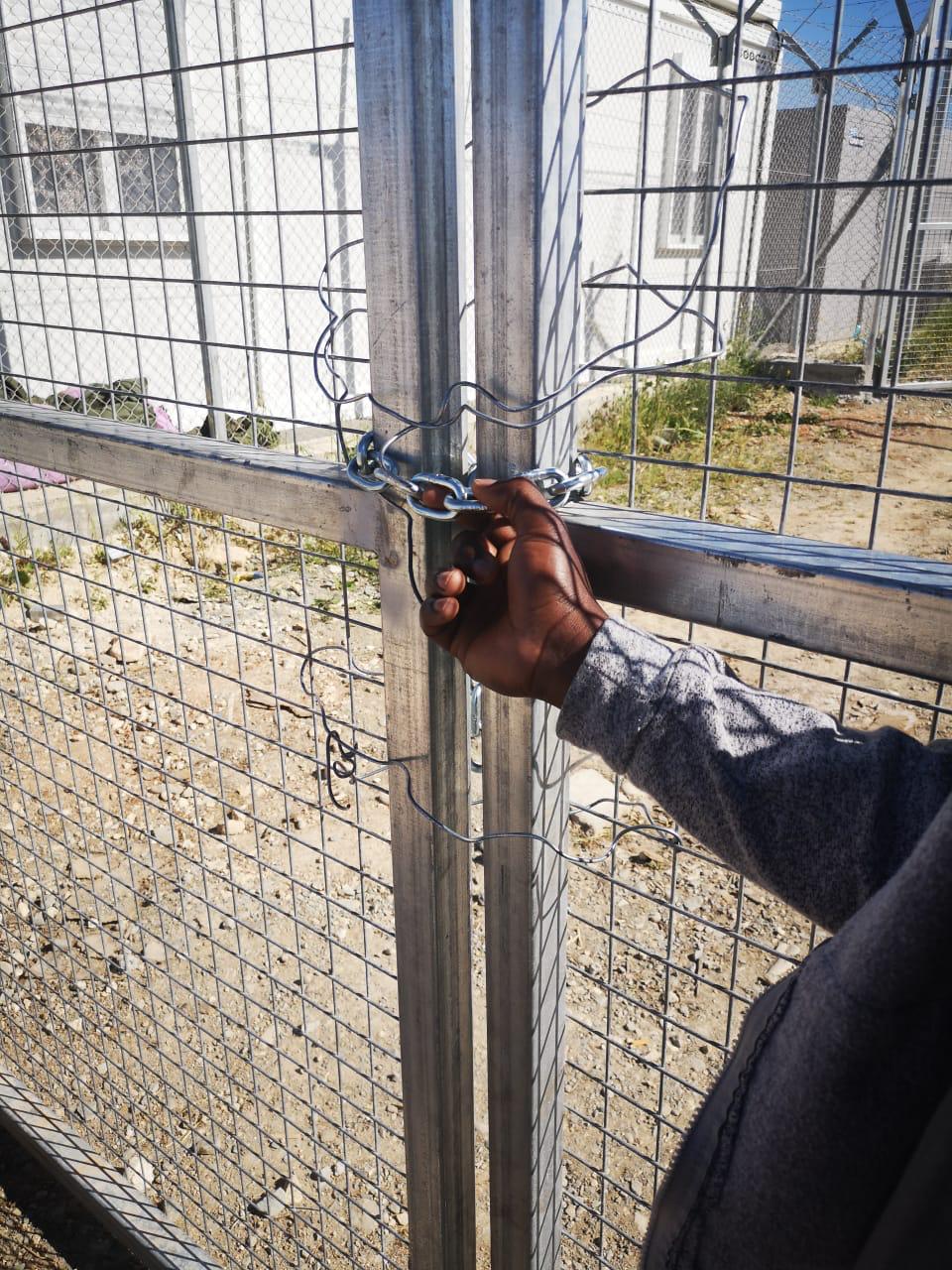
Newsroom
A report published this week by Ombudswoman Maria Stylianou-Lottides takes stock of current conditions in migrant facilities in the Republic of Cyprus, pointing out medical challenges, problems associated with weather, and asylum issues.
In early April, Stylianou-Lottides, Commissioner for Administration and the Protection of Human Rights in the Republic of Cyprus, made an onsite visit to Pournara emergency camp in Kokkinotrimithia, Nicosia district, where undocumented migrants and asylum seekers are hosted temporarily, register with state authorities, and undergo medical testing.

The visit came days after reports emerged of inhumane conditions for refugees at Pournara, showing a tent city that was flooded by recent rains due to lack of water-proof flooring, while in some cases tenants had to cope with dirt and mud. Reports said asylum seekers who had been staying in other locations such as hostels were transferred to the camp recently.
Stylianou-Lottides called on the government to give priority to the section of the camp with the flooded tents, in order to ensure humane living conditions, while also calling for the interior ministry’s plans to expand the facility to be sped up.
During her visit, the ombudswoman was shown around by Interior Minister Nikos Nouris, who also visited the camp on the same day.
In early March, Nouris said the island could not host more “economic migrants” but at the same time clarified that authorities would not send back those whose lives may be in danger.
The minister also defended the government’s controversial decision to build a detention facility for asylum applicants, saying the migration department would receive more staff to accelerate the adjudication process and any deportations resulting from it.
But refugee advocates have criticized some of the government’s recent decisions, including measures that prevent certain applications from being filed with the state in the first place.
According to Katja Saha, a UNHCR Representative in Cyprus, those who were barred from submitting asylum applications have also effectively been denied access to reception assistance, including food and shelter.
The ombudswoman wrote in her report that she recognized the difficulty in conducting asylum application interviews due to social distancing amid the coronavirus pandemic but reiterated that the process had to go on.
“Regarding the suspension of application reviews and/or forwarding asylum applications, I recognize on one hand the difficulty that came up due to the required [physical] distance between people, but I cannot but recommend the acceleration of works that would allow the conducting of such interviews, either by employing alternative means wherever possible or [plexiglass] dividers that are necessary so that the interview can be conducted safely,” Stylianou-Lottides wrote.
The ombudswoman also referred to another reception centre in Kofinou, Larnaca district, calling for more medical staff so that a nurse would always be on site 24 hours a day.

Stylianou-Lottides also noted that asylum seekers should not under any circumstances be barred from exiting the campground, adding that an April 8 decree for restrictions on movement amid the pandemic provided for the right of individuals to request permission to go outside for humanitarian or medical reasons.
“Any measure that goes beyond the temporary scope and law of necessity, while being disproportionate in the effort to protect public health, is an arbitrary measure and it must be discontinued,” the ombudswoman said.

Cypriot ombudswoman takes stock of current conditions in reception camps amid pandemic restrictions, warns against delays and arbitrary measures































